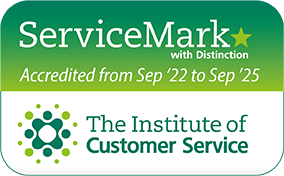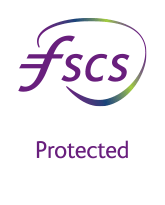Whether it’s by email, phone or social media, fraudsters will try and get hold of your information in a variety of different ways.
Below we have listed the most common to help you spot any early warnings signs.
Unexpected phone calls from businesses should always be approached with caution.
They will often ask you to complete an action, for example, the caller may claim you’ve won a prize and ask for your bank details to transfer the winnings into. This may be fraudulent and you should never give away any of your personal information.
This type of fraud is called ‘Vishing’.
Have you received an email from someone you don’t know, or it appears to be from a well-known company, containing a link to update or confirm your personal details? If so, do not click on it.
Fake web links lead to fake webpages and can trigger the download of a virus onto your computer, laptop or mobile phone. This will enable fraudsters to directly access your devices and obtain personal data.
Instead delete the email straight away, report the address to the organisation it claims to come from (but do not forward the email) and ensure your anti-virus software is up-to-date.
Social media is now one of the easiest ways for a fraudster to collect information about a person.
A hot bed for hackers, be careful what you post – particularly images. Criminals can zoom into the smallest detail to pick up information such as an address and telephone number if visible. Geo-tags will also reveal your location.
It’s also not uncommon for fraudsters to pretend to be a person and connect with friends and family for financial information. Therefore, keep your social accounts private and post with caution.
You can find more about our pledge to you and your data here.
You’ve been targeted - the symptoms
-
A lack of bills or other correspondence – this suggests your documents may have been intercepted and are now going to a different address.
-
Receiving credit cards which you did not apply for.
-
Denial of a credit card for no apparent reason.
-
Receiving correspondence from debt collectors about things you have not bought.
-
Unrecognisable entries on your credit history.
-
Entries on your bank details for goods you did not purchase.
-
You cannot log into a site using your normal password.
If you have been a victim of fraud, or worry your personal data is at risk, click here for a list of further useful organisations who can help you protect your online identity.



